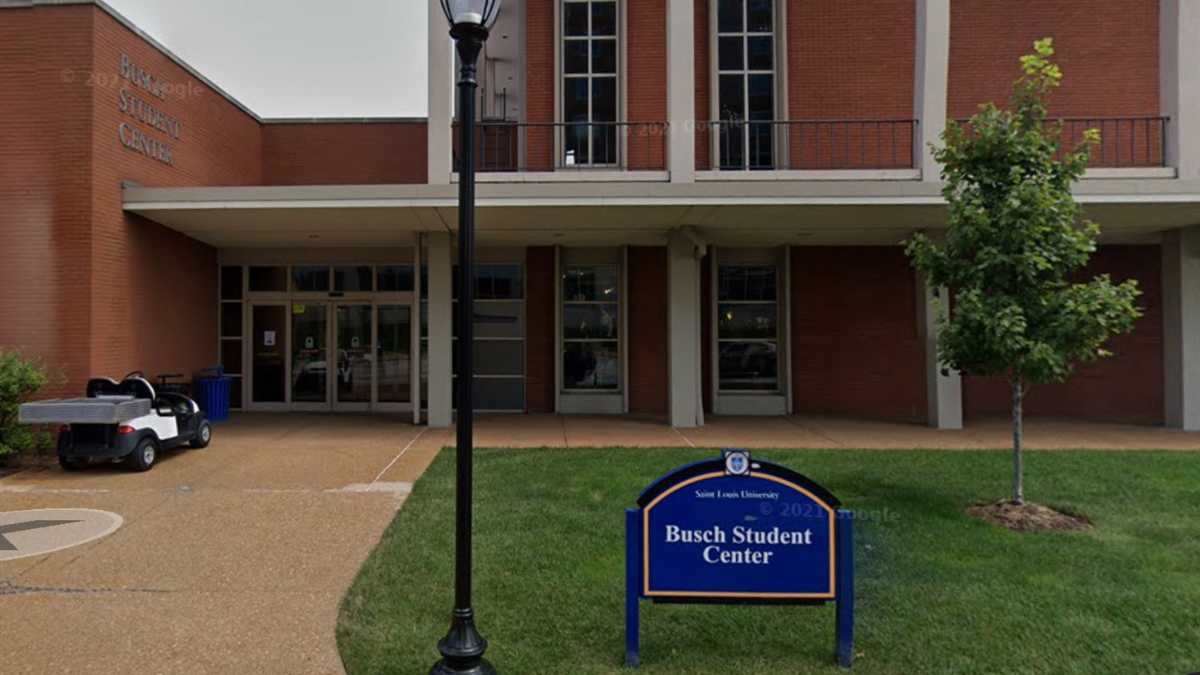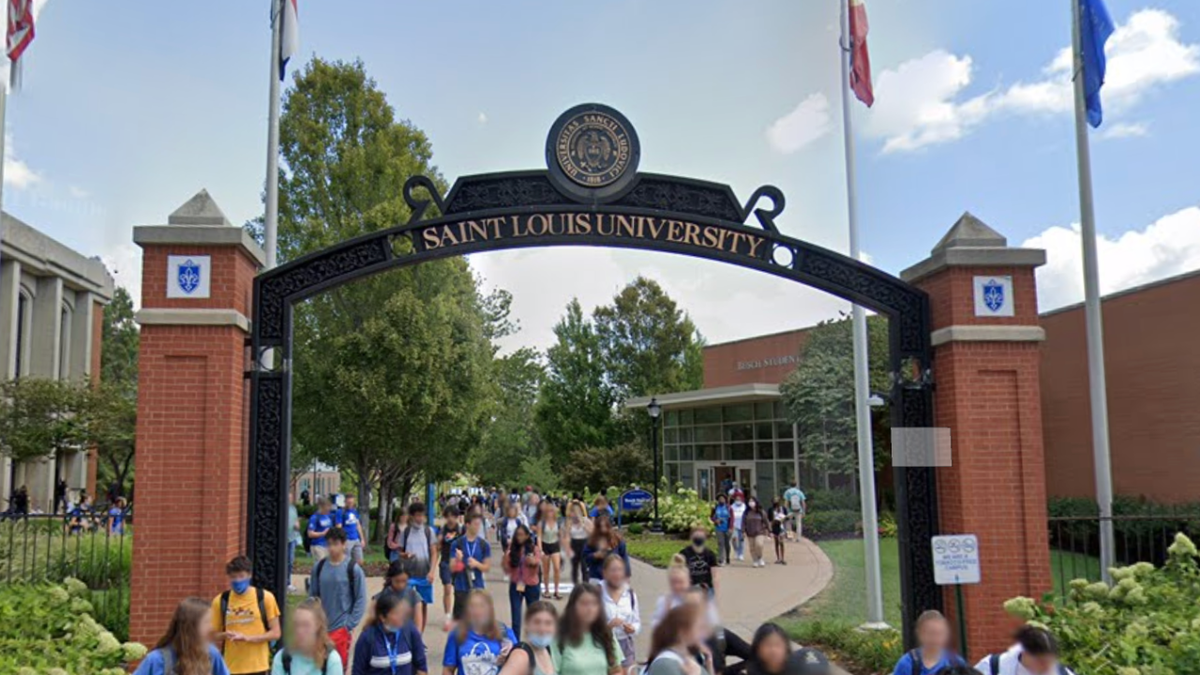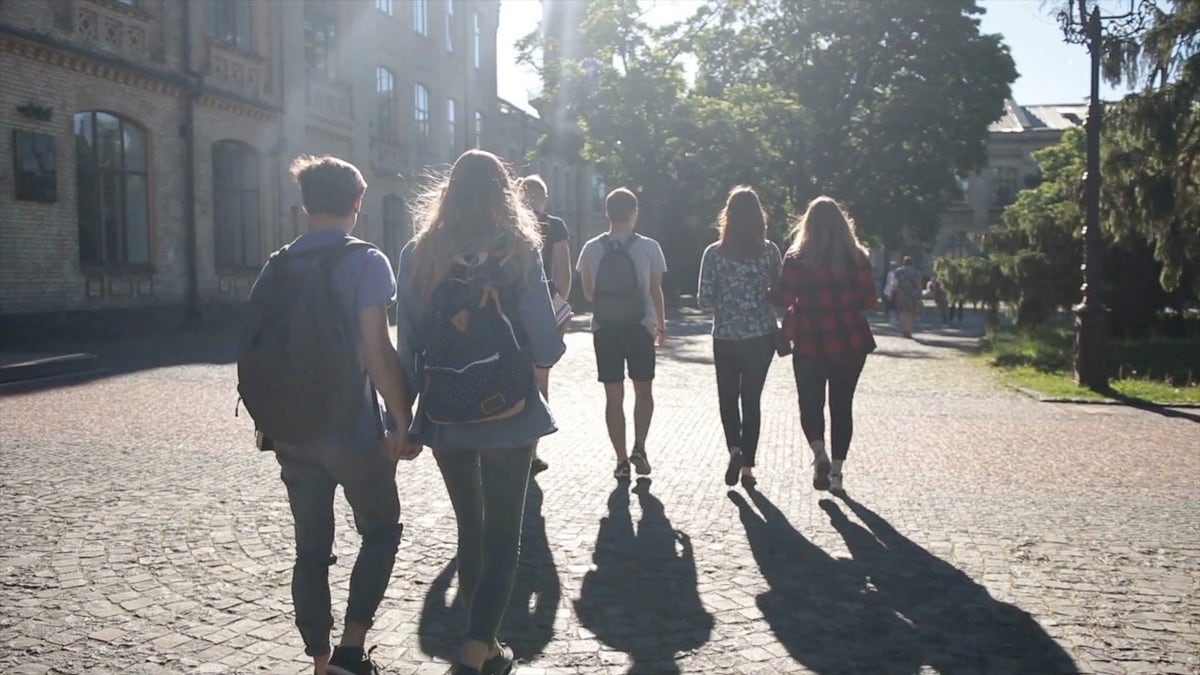'The View' co-host: I still believe in reparations
Sunny Hostin said she still believes in reparations after discovering she is a descendent of a slaveholder in colonial Spain.
Descendants of the enslaved Black people who built a university in Missouri calculated that they were owed up to $74 billion in unpaid labor.
The calculation was announced on St. Louis University's campus [SLU] on Thursday – an effort being pushed by the Descendants of St. Louis University Enslaved [DSLUE].
DSLUE was joined by a state lawmaker, a civil rights attorney and economists to announce their estimation of the monetary value of unpaid labor in the construction of SLU.
Based on "labor for 24 hours per day, 365 days per year for 70 enslaved people from 1823-1865," economist Julianne Malveaux estimated that $365 million in unpaid labor is owed. Furthermore, adding interest over time amounts to $70 billion.
Areva Martin, a civil rights attorney and the lead counsel for DSLUE, reportedly sent a letter to St. Louis University President Fred Pestello, saying the institution needs to do more to redeem itself even though the institution has already "taken steps to recognize and memorialize its history through the Slavery, History, Memory, and Reconciliation Project (SHMRP.)"

The announcement made during Thursday's media briefing occurred at the Busch Student Center at St. Louis University.
The SHMRP was a report issued in 2016 based on an investigation of SLU’s ties to the institution of slavery.
"That report revealed that Jesuits forcefully relocated slaves from Maryland in 1823 to St. Louis specifically to exploit their stolen labor and skills to build St. Louis University," Martin said.
Noting that SLU owned, sold and trafficked slaves until 1865, Martin said "those enslaved were robbed of wages and treated with cruelty and disregarded for their humanity."
She explained further that although SLU acknowledged its ties to slave practices, mere "acknowledgments" do not make her clients "whole."
"I look forward to working with university leadership to come up with a plan to compensate the descendants for what they are rightfully owed," Martin said.
Martin is representing over 200 descendants of Henrietta Mills and Charles Chauvin who are part of DSLUE.
Robin Proudie, a great-grandaughter of Mills, said at the press conference that "We’re not asking for a handout."

A state lawmaker, a civil rights attorney and economists announced their estimation of the monetary value of the stolen labor in the construction of St. Louis University at a press conference on the college’s campus. (Google Maps)
She explained further, "We’re asking for their debt to be paid."
DSLUE was founded by Proudie, who started the organization after learning that Mills, her great-grandmother, was born into slavery at St. Louis University in 1844 – information she discovered from original documents from the Saint Louis University Archives.
According to the DSLUE website, Proudie studied Saint Louis University, the USA Central, and Southern Province Jesuits’ "ties to the institution of slavery."
SAN FRANCISCO'S PROPOSED REPARATIONS PLAN COULD COST CITY $100 BILLION: REPORT
"The research has since revealed that over a hundred of her ancestors were trafficked by SLU and the Jesuits in Missouri from 1823-1865," the DSLUE stated. They went on to say, "For Robin, the names on the records breathed back to life the dry bones of a people, ancestors who had been used, slained, and forgotten."
SLU officials sent Fox News Digital the following statement.

St. Louis University released a statement that they cannot yet "offer a detailed response" to the calculations and remarks made at the press conference on Thursday.
CLICK HERE TO GET THE FOX NEWS APP
"We understand and share the sense of urgency expressed by several members of the descendant community. SLU’s participation in the institution of slavery was a grave sin. We acknowledge that progress on our efforts to reconcile with this shameful history has been slow, and we regret the hurt and frustration this has caused."
"Continuing this work is a priority for SLU and the Society of Jesus. As we move forward, we hope to re-establish and build deeper relationships with all descendant families, to explore together how best to honor the memory of those who were enslaved by the Jesuits."





















